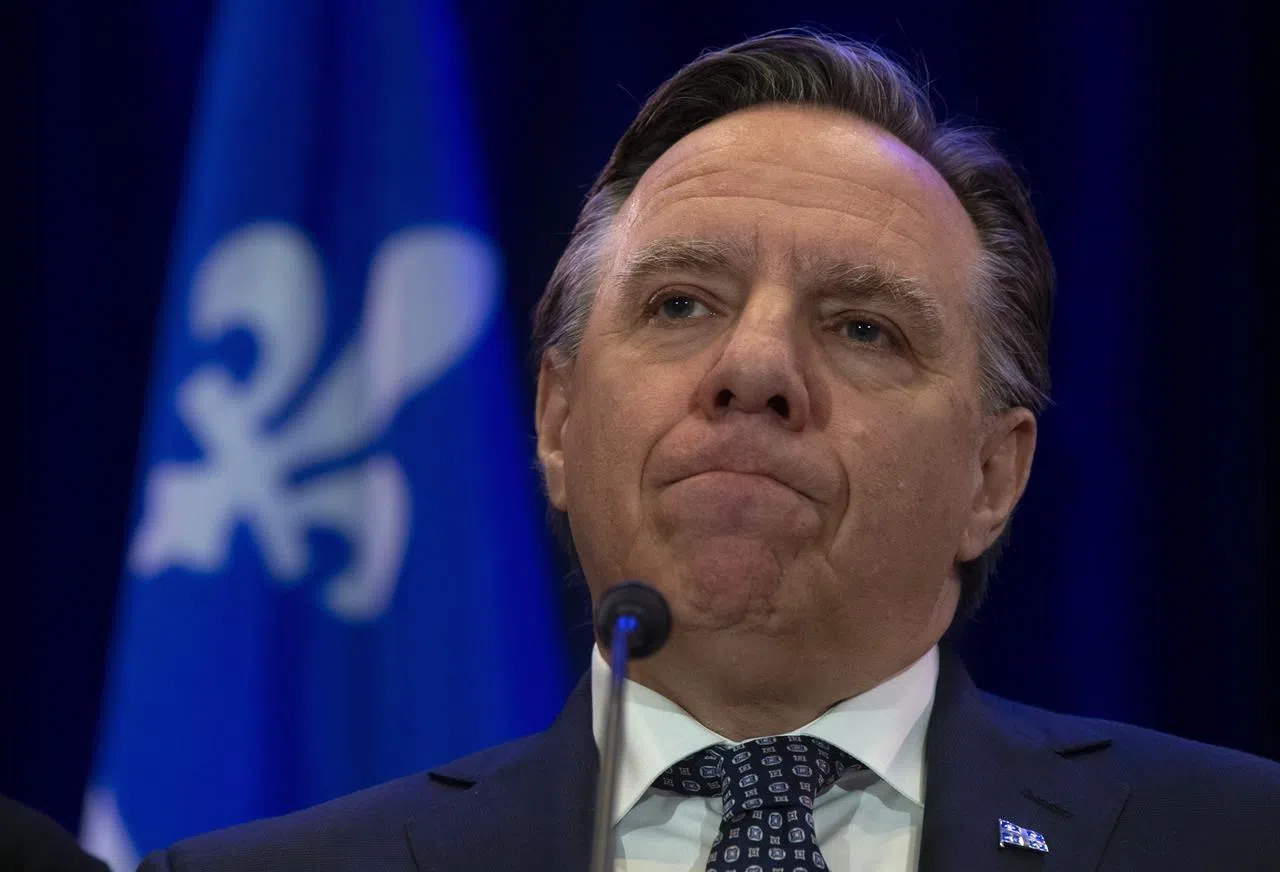
Legault worried about SNC’s Quebec jobs amid fallout from Wilson-Raybould claims
MONTREAL — A day after bombshell claims by Canada’s former attorney general that she was pressured to intervene in a criminal case against SNC-Lavalin, the Quebec premier expressed concern about potential job losses and the province’s political class hesitated to take sides.
While some politicians, including Conservative Leader Andrew Scheer, called for Trudeau’s resignation and for police to investigate, Quebec provincial politicians offered a more subdued reaction Thursday.
Speaking in Quebec City, Francois Legault said he didn’t know whether Prime Minister Justin Trudeau placed undue pressure on Jody Wilson-Raybould to intervene to help the Quebec-based engineering giant avoid criminal corruption charges.
But he added that a lengthy trial for SNC-Lavalin, and the 10-year ban on bidding for federal contracts that would result from a conviction, could lead to the loss of many good jobs in Quebec.


